LEGAL WORDS
LEGAL WORDS
Ab initio
From the very beginning.
Admission
After a case is registered it is placed before the Court for its hearing, known as the preliminary hearing. The Court considers whether the case should be proceeded with by directing the respondents to show cause why the petition should not be admitted. Sometimes the Court admits a case without hearing the respondents, or dismisses the case in limine. If the case is admitted, it is listed for a more detailed hearing. See issue notice.
Adversarial Procedure
A way of adjudicating a dispute in which one party asserts a claim or a right, and the other denies it. The dispute is usually resolved by the acceptance of one claim and the rejection of the other, making the proceedings adversarial. This is recognized in the Code of Criminal Procedure, 1973, the Indian Evidence Act, 1872 and the Code of Civil Procedure, 1908. See inquisitorial proceedings.
Advocate
A person authorized to appear in a litigation on behalf of a party. An advocate possesses a law degree and is enrolled with a Bar Council, as prescribed by the Advocates Act, 1961. Advocates are the only class of persons legally entitled to practise law. They provide legal advice. After being authorized to appear in a case by a client who has signed a vakalat, advocates prepare cases and argue them in Court. In the Bombay and Calcutta High Courts there is a separate class of legal practitioners, known as solicitors, who prepare the case, but do not argue in Court. When appearing in a courtroom, an advocate usually dresses in black and white, and wears a band and gown. Any complaint against an advocate is made to the Bar Council of India. See junior advocate, advocate-on-record, senior advocate, amicus curiae, vakalath.
Advocate-on-record (AOR)
An advocate who has passed a qualifying examination conducted by the Supreme Court. The examination is taken by an advocate who has been enrolled with a Bar Council for at least five years and has completed one year”s training with an AOR of not less than five years standing. Only an AOR can file a vakalath, a petition, an affidavit or any other application on behalf of a party in the Supreme Court. All the procedural aspects of a case are dealt with by the AOR, with the assistance of a registered clerk. It is the AOR”s name that appears on the cause list. The AOR is held accountable, by the Court, for the conduct of the case. Any notices and correspondence from the Court are sent to the AOR, and not to the party.
Advocate’s fees
There are no standardized fees charged for the various tasks performed by an advocate. Some advocates charge a lump sum amount for dealing with an entire case, others charge separate fees for each task – e.g., drafting, filing, legal advice, arguing. Senior advocates generally charge a separate fee for every hearing. In the majority of PIL cases, these fees have been waived by the advocates. When appearing on behalf of a legal aid committee, an advocate receives expenses and nominal fees, at no cost to the party. In some PIL cases the Court has awarded costs to the party.
Affidavit
This is a sworn statement made by a party, in writing, made in the presence of an oath commissioner or a notary public which is used either in support of applications to the Court or as evidence in court proceedings. In writ jurisdiction, cases are generally disposed of on the basis of affidavits. An affidavit in reply to a petition, filed by a respondent, is called a counter affidavit. The petitioner’s response to this counter, is called a rejoinder affidavit. All affidavits are verified as to the truth of their contents.
Alimony
The maintenance given by a husband to his divorced wife.
Amicus curiae
Translated from the Latin as ’friend of the Court’. An advocate appears in this capacity when asked to help with the case by the Court or on volunteering services to the Court
.
Appeal
The correctness of the decision of a lower court or tribunal is questioned by way of an appeal in a higher court.
Arbitration
Settling disputes by referring them to independent third parties as an alternative to court proceedings.
Attestation
The authentication of a signature by an authorized person, who could be an oaths commissioner or a notary public.
Attorney
See advocate.
Audi alteram partem
This is a rule of natural justice which translates from the Latin as ‘hear the other side’ or ’hear both sides’. This means that every party against whom a decision is being taken must be given the opportunity to present a defence, either orally or in writing.
Bankruptcy
A person who is unable to pay his debts can be declared bankrupt by the Court. All his assets are then taken over by the court for distribution to his creditors. Bar A collective noun indicating a body of lawyers.
Bench
The composition of judges sitting to hear a matter in court. In the High Court, judges can sit singly, in division benches of two judges or in full benches of three or more judges. In the Supreme Court, the vacation judge or judge in chambers may sit singly; division benches comprise two or three judges; constitution benches five or more judges. The largest bench constituted in the Supreme Court has been of thirteen judges for the Kesavananda Bharati case in 1973. One or more judges in a case may give judgement, but it is the majority opinion that is the judgement of the Court. A smaller bench is bound by the judgement of a larger bench; the judgement of a bench can only be overruled by the judgement of a larger bench. See judgement.
Bequeath
To dispose of personal property by Will.
Bona vacantia
Goods that do not have an owner. Generally they go to the finder.
Brief
A bunch of papers, in the form of a paperbook, relating to a case. A brief is compiled by an advocate, filed in the Court and used during hearings.
Cause List
List issued by the Registry of the matters to be heard by the court on any day. The bench, courtroom number and the position of the matter are indicated.
The cause list may take myriad forms: weekly list, advance list, supplementary list and the daily list.
Cause Title
Title of the case giving the number of the case and the names of the parties.
Caveat
Where it is apprehended that an opposite party may file a case, a party may file a document requesting the court that no order be made in the case without hearing the caveator.
Caveator
A party who files a caveat.
Certiorari
See writ petition.
Challan
It is the police report filed under Section 173(2) of the Code of Criminal Procedure, 1973 after making investigation into the commission of an offence.
Civil
Describes the nature of all proceedings which are not criminal.
Class Action
In a class action, a member of an identifiable group of persons files a petition. These persons form a class if they have a common grievance.
Cognizable offence
An offence in which arrest can be made without a warrant.
Commission
A commission is appointed by a court to ascertain or investigate facts needed to decide a case. A commission is usually given specific terms of reference. Members of a commission have been chosen from amongst experts, academics, social activists/workers, advocates, judges and others. Costs of the commission are usually borne by the State. Such commissions have often been appointed in PILs.
Contempt of Court
A party wilfully disobeying an order of a court can be held in contempt of that court. Under the Contempt of Courts Act, 1971 this is defined as ’civil contempt’. Any act that lowers the authority of the Court or interferes with the course of justice is defined as ’criminal contempt’. Each court has the power to punish anyone committing contempt of a court and in some cases the Court can issue suo motu notice of contempt. Under Article 129 of the Constitution, the Supreme Court is given the power to punish for contempt; under Article 215 of the Constitution the High Court is given similar powers
.
Costs
When giving the final decision in a case, the Court can award costs to either party. Generally the losing party in a litigation is directed to pay the successful party. If the Court does not specify the amount of costs, they are determined by the Registry, taking advocates’ fees, court fees and expenses into account. A party is sometimes required to pay costs during the course of the litigation, for failing to comply with the Court’s directions.
Counter Affidavit
Court Fees
These are mandatory charges payable by affixing judicial stamps on petitions, applications and various kinds of documents before they are filed in a court. It is only in legal aid matters that the petitioners are exempt from paying these fees.
Court Master
An officer of the court who occupies a seat just below the judges’ dias and assists in the conduct of proceedings.
Criminal
Describes the nature of all proceedings involving a crime.
Dasti Notice
Dasti is a persian word, which means ‘by hand’. Dast Notice means service of the notice by the Petitioner on the Respondent(s) in person, and not by the Registry through post. This requires a specific order by the court. It is a procedural device that assists the petitioner in minimizing delay
Decree
The formal expression of an adjudication which, so far as regards the Court expressing it, conclusively determines the rights of the parties with regard to all or any of the matters in controversy in the suit and may be either preliminary or final.
Decree –holder
A person in whose favour a decree has been passed or an order capable of execution has been made.
Division Bench
See bench.
Docket
A note containing instructions to an advocate or senior advocate who may draft or settle, argue pleadings, or the case. It gives the cause title, the court before which it is listed and the party on whose behalf the advocate is to act. The bill for the fees of the advocate is generally drawn up on the basis of the docket.
Dominus Litis
The actual litigant directly interested in the case and its outcome.
Epistolary Jurisdictio
A term referring to change in the procedure of the courts allowing letters to be treated as writ petitions.
Estoppel
A legal principle that bars a party from denying or alleging a certain fact owing to that party’s previous conduct, allegation, or denial.
Ex gratia
Translates from Latin as ’out of grace’. Where a court directs that a payment be made to a party ex gratia, it may not be adjusted against any legal right or claim of that party.
Ex-parte
In absence of the opposite side or party
Fait accompli
A thing already done.
Functus officio
Having discharged his duty.
High Court
Article 214 of the Constitution provides that each state shall have a High Court. This is the highest court in a state and is subordinate only to the Supreme Court of India. The powers of the High Court are broadly categorized as judicial and administrative. In its judicial function the High Court can be approached directly (eg. writ petitions), or in appeals or revisions—both civil and criminal. In its administrative function the High Court supervises the functioning of the lower judiciary in the State. In the civil side, in an ascending order of hierarchy, is the Civil Judge (Junior Division), Civil Judge (Senior Division), the Additional District Judge and the District Judge; the criminal side includes Metropolitan Magistrates, Chief Metropolitan Magistrates, Additional Sessions Judges and the Sessions Judge. The powers of a High Court do not extend beyond the territory of the State. While every decision of the Supreme Court is binding on the High Courts, the decisions of one High Court is not binding on the other. The High Court is a court of record.
In lieu
In place of.
In limine
Translated from the Latin as ’preliminary’, for example, when a writ petition is dismissed in limine, it is dismissed at the admission stage.
In pari delicto
When both the parties are equally in fault.
Infructuous
A petition or application to the court becomes infructuous when the fundamental premises upon which a petition is based no longer exist or where the relief sought has already been granted to the petitioner.
Inquisitorial Proceedings
Fact-finding proceedings, not necessarily involving disputing parties. The Court investigates and ascertains the facts of a matter, for instance by appointing Commissions, which are given specific terms of reference. Often faced with difficulty in getting all the information necessary to resolve the issues brought in PIL, the Court has found this procedure to be convenient.
Interim Order
Any order by a court before a final order is made.
Interlocutory Application
petition seeking a relief even while the main petition remains in the Court. This may be in the nature of a stay, direction, permission (e.g. to amend the petition), exemption (e.g. from payment of court fees), condonation of delay, modification or clarification of an earlier order, restoration of a petition dismissed for nonappearance of a party.
Interpleader suit
Interpleader suits are governed by Order XXXV of the Code of Civil Procedure, 1908. They are brought by a third person to have a court determine the ownership rights of rival claimants to the same money or property that is held by that third person.
Intervenor
A person who is not a party to the proceedings may, with the permission of the court, intervene if it is shown that the outcome of the case will affect such person in some way. An intervenor does not become a party, does not have an automatic right to be heard, but may file an affidavit. The intervenor is bound by the decision in the case, just as is a party. The participation of interest groups as intervenor has changed the character of many cases, giving them a PIL content. For example, women’s groups have intervened in the lower courts in rape or dowry cases. Interventions have been common in PIL cases, as the public importance of an issue has inspired organizations and individuals to participate in the proceedings.
Issue Notice
When a Court decides to consider a case it asks the respondents to explain why the case should not be admitted (show cause). This is done by a notice sent to the respondents which gives the details of the case and the next date of hearing alongwith a copy of the petition. If the respondent does not appear on this date, the court may proceed ex parte.
Judgment
The final order of a court in a case which, while giving reasons, conclusively decides the rights of parties in the case, resolves the dispute and grants reliefs. See bench, order.
Judgment-debtor
Any person against whom a decree has been passed or an order capable of execution has been made;
Judicial Review
A term that describes the function of the judiciary being able to examine and correct the actions of all the organs of State—the executive, the legislature and the judiciary itself. Judicial review is part of the basic structure of the Indian Constitution.
Junior Advocate
Any advocate who wants to practise law, enrols with a Bar Council and generally begins work in the office of a practising advocate.
Jurisdiction
This indicates the scope and extent of a court’s powers. For instance, a court only has territorial jurisdiction within the territory over which its powers extend. Jurisdiction is also used to describe the nature of the proceedings in the Court, for example: civil original jurisdiction, criminal appellate jurisdiction. A court’s decision can always be challenged on the ground that while deciding a case it has exceeded its jurisdiction, i.e. powers, or that it has exercised a jurisdiction it does not possess.
Justiciable
A matter is justiciable if it lends itself to adjudication by a court. This is determined by criteria laid down in law. For example, the correctness of the foreign policy of a state may not be examined by a court because it is not justiciable.
Laches
Neglect of a person to assert his right within reasonable time. This results in barring of a remedy which would have been otherwise available.
Lawyer
See advocate.
LCR or TCR
It means the Lower Court Record or Trial Court Record i.e. the record of the lower court which is brought for perusal by the Appellate Court.
Legal Aid
A system by which legal services are rendered at government cost to those in financial need and who cannot afford the cost of litigation. This is mandated by Article 39A of the Constitution. In Delhi, the Delhi High Court Legal Services Committee (DHCLSC) and the Delhi Legal Services Authority (DLSA) provide legal aid on behalf of the State.
Legal Representative
A person who in law represents the estate of a deceased person, and includes any person who intermeddles with the estate of the deceased and where a party sues or is sued in a representative character the person on whom the estate devolves on the death of the party so suing or sued;
Liability
The assignment of responsibility and accountability for correcting a legal wrong or the violation of a legal right.
Litigation
The totality of the legal proceedings in any dispute.
Locus Standi
Translated from Latin as ’place of standing’, locus standi gives the right to pursue a litigation. Under this rule, only a person or group of persons affected by the issue may petition the Court. A petition may be dismissed on the preliminary ground that the petitioner lacks locus standi. However, in PIL, the locus standi of public spirited persons to petition on behalf of others has been recognized. This relaxation of the rule of standing is an important feature of PIL—for instance, journalists, lawyers, politicians, social activists, students, or any ’concerned individual’ not acting for personal interest or gain, and not as a ’busy body’, have been given standing.
Matter
A general description of a case, legal issue or dispute.
Mesne-profits
Those profits which the person in wrongful possession of such property actually received or might with ordinary diligence have received therefrom, together with interest on such profits, but shall not include profits due to improvements made by the person in wrongful possession;
Miscellaneous Petition or Application
An application is made during the pendency of the main petition, asking for a direction or an interim order. These include applications for modification or clarification of a court’s order, amendment of a petition, impleadment or intervention.
Mutatis Mutandis
The law in a particular situation is said to apply mutatis mutandis in a different situation when it is used with any changes that are necessary in the latter. This means that matters or things are generally the same, but that details such as names, offices etc. are altered when necessary
Nemo
Nemo means that there is no appearance on behalf of a party to the case.
.
Notification
Notice, information or announcement published in the official gazette notifying, for instance, the coming into effect of a changed law.
Obiter dicta
Remarks of a judge, which are said by the way and are not directly relevant to the case at hand.
Order
Any oral or written direction given by a Court or any authority which is to be obeyed.
Ordinance
A codified law made, as a temporary measure, by the President of India or the Governor of a State when the Parliament or legislature of a state is not in session. This power is exercised under Articles 123 and 213 of the Constitution.
Original Jurisdiction
.
Parens Patriae
Translated from the Latin as parent of the country, this refers to the role of the State as sovereign and guardian of the citizens. This principle holds that the State must care for those who cannot care for themselves.
Party
One who files a petition or against whom a petition has been filed.
Perjury
This occurs when a person gives false evidence or false affidavit in a case.
Petition
A written document filed in a court asserting a claim or a right and seeking relief on legal grounds.
Pleadings
A collective noun for all the petitions, affidavits, replies, rejoinders drafted by or on behalf of the parties to a case.
Prayer
The relief(s) asked for in a petition or application.
Prima facie
At first sight; on the face of it.
Pro bono publico
Translated from the Latin as ’for the public good’. In PIL, this refers to a petitioner acting bonafide in the public interest.
Process Fees
These are fees payable for the costs of informing the opposite party through the registry that a case is listed on a particular day.
Puisne Judge
A judge other than the Chief Justice.
Ratio decidendi
The reason behind or crux of a judicial decision.
Registry
This is the administrative machinery of a Court which deals with the filing, registering and listing of cases, issuing copies of orders and notices to parties, maintaining and preserving records. The Registry is also responsible for the maintenance and security of the court premises. It is headed by a Registrar General or a Registrar.
Rejoinder Affidavit
Representative Action
Any affected person can file a petition on behalf of an indeterminate group of persons, or of the entire population in a representative action.
Res Judicata
A legal principle which prevents a party to a case which has been finally decided from bringing an action on the same issue. For example, a case is barred by res judicata if an earlier case between the same parties has decided upon the same points. This is embodied in Section 11 of the Code of Civil Procedure, 1908.
Respondent
A party against whom a petition is filed. A proforma respondent is a party against whom no relief is sought.
Review
A court has the power to review its orders on specified grounds, as provided by law. Generally the same court which passed the order or judgement in a case reviews its decision. There is, however, no inherent power in a court to review its decisions. The power has to be given by statute or be found in the Constitution.
Revision
Orders that cannot be appealed against can be revised by the High Court on specific grounds, as provided in S 115 of the Code of Civil Procedure, 1908 and Ss. 397 and 401 of the Code of Criminal Procedure, 1973.
Rule Nisi
When admitting a writ petition for being heard, a court orders rule nisi which means that the respondents are asked to show cause why the petition should not be allowed, i.e. why the rule issued may not be made absolute. If the petition is allowed, the Court orders that the rule is made absolute. If the petition is dismissed, the Court states that the rule has been discharged.
Senior Advocate
An advocate who has been designated as such by either the Supreme Court or the High Court. A Senior Advocate cannot file a vakalathnama, appear in the Court without another advocate or advocate-on-record, cannot directly accept an engagement to appear in a case or draft pleadings. A senior advocate argues cases in Court upon instructions from another advocate. Senior advocates wear gowns that have flaps on the shoulders.
Show Cause
See issue notice, rule nisi.
Solicitor
See advocate.
Special Leave Petition
The correctness of any order made by any court or tribunal can be questioned by filing a petition in the Supreme Court under Article 136 of the Constitution. If the Supreme Court grants permission, i.e. “leave”, the petition is registered as an appeal.
Standing
See locus standi.
Stare decisis
The principle that decisions of Courts in previous cases must be followed in subsequent cases of similar nature.
Stare decisis
The principle that decisions of Courts in previous cases must be followed in subsequent cases of similar nature.
Statute
A codified law that is enacted by the Parliament or a State Legislature. A statute may provide for the making of Rules and Regulations by the executive to facilitate its implementation.
Statute
A codified law that is enacted by the Parliament or a State Legislature. A statute may provide for the making of Rules and Regulations by the executive to facilitate its implementation.
Stay Order
A party filing a petition may require some immediate relief, even before the respondents can be heard or a final decision given. An application is filed seeking an interim order either to prevent the respondents from performing an action that will affect the rights of the petitioner or to prevent an order from being carried out.
Stay Order
A party filing a petition may require some immediate relief, even before the respondents can be heard or a final decision given. An application is filed seeking an interim order either to prevent the respondents from performing an action that will affect the rights of the petitioner or to prevent an order from being carried out.
Sub judice
A matter pending decision by a Court. Parties to such a matter are required not to do anything that would affect the outcome of the case.
Sui generis
Translated from the Latin as ’of his/her own kind’, this means that a person, place or thing is of a distinctive nature.
Sui generis
Translated from the Latin as ’of his/her own kind’, this means that a person, place or thing is of a distinctive nature.
Suo Motu
The Court may take action on its own when facts requiring legal intervention reach its notice. The Court is then said to be acting suo moto.
Supreme Court
The highest court in the country constituted under Article 124 of the Constitution. Its decisions are law under Article 141 and are binding on all lower courts. It has unlimited powers to do complete justice. It exercises original as well as appellate jurisdiction. Under Article 143 the President of India can ask the Supreme Court for an opinion on questions of law or fact. States can file suits against each other or against the Union of India under Article 131. The Supreme Court can transfer cases to itself from the High Courts or from one High Court to another under Article 139A of the Constitution. It can also transfer civil cases from one Court to another under S 25 of the Code of Civil Procedure, 1908, and likewise criminal cases under S 406 of the Code of Criminal Procedure, 1973. Apart from special leave petitions, in certain instances, appeals can be filed directly against the judgments of lower courts and tribunals.
Petitions challenging the election of the President or Vice-President of India are also filed directly in the Supreme Court. The chairperson of a public service commission may be removed only after an inquiry by the Supreme Court. The Supreme Court has a sanctioned strength of 31 judges, headed by the Chief Justice of India. The seat of the Supreme Court is New Delhi and its language is English.
Supreme Court
The highest court in the country constituted under Article 124 of the Constitution. Its decisions are law under Article 141 and are binding on all lower courts. It has unlimited powers to do complete justice. It exercises original as well as appellate jurisdiction. Under Article 143 the President of India can ask the Supreme Court for an opinion on questions of law or fact. States can file suits against each other or against the Union of India under Article 131.
The Supreme Court can transfer cases to itself from the High Courts or from one High Court to another under Article 139A of the Constitution. It can also transfer civil cases from one Court to another under S 25 of the Code of Civil Procedure, 1908, and likewise criminal cases under S 406 of the Code of Criminal Procedure, 1973. Apart from special leave petitions, in certain instances, appeals can be filed directly against the judgments of lower courts and tribunals. Petitions challenging the election of the President or Vice-President of India are also filed directly in the Supreme Court. The chairperson of a public service commission may be removed only after an inquiry by the Supreme Court. The Supreme Court has a sanctioned strength of 31 judges, headed by the Chief Justice of India. The seat of the Supreme Court is New Delhi and its language is English.
Waiver
Giving up a claim or a right that can be lawfully exercised. However, there can be no waiver of a fundamental right.
Writ
A writ is a direction that the Court issues, which is to be obeyed by the authority/person to whom it is issued.
Writ Petition
A petition seeking issuance of a writ is a writ petition. Pits in the first instance in the High Courts and the Supreme Court are writ petitions.
A writ of habeas corpus is issued to an authority or person to produce in court a person who is either missing or kept in illegal custody. Where the detention is found to be without authority of law, the Court may order compensation to the person illegally detained.
A writ of mandamus is a direction to an authority to either do or refrain from doing a particular act. For instance, a writ to the Pollution Control Board to strictly enforce the Pollution Control Acts. For a mandamus to be issued, it must be shown:
a) That the authority was under obligation, statutory or otherwise to act in a particular manner;
b) that the said authority failed in performing such obligation;
c) that such failure has resulted in some specific violation of a fundamental right of either the petitioner or an indeterminate class of persons.
A writ of certiorari is a direction to an authority to produce before the Court the records on the basis of which a decision under challenge in the writ petition has been taken. By looking into those records, the Court will examine whether the authority applied its mind to the relevant materials before it took the decision. If the Court finds that no reasonable person could come to the decision in question, it will set aside (quash) that decision and give a further direction to the authority to consider the matter afresh.
For instance, the permission given by an authority to operate a distillery next to a school can be challenged by filing a petition asking for a writ of certiorari.
A writ of prohibition issues to prevent a judicial authority subordinate to the High Court from exercising jurisdiction over a matter pending before it. This could be on the ground that the authority lacks jurisdiction and further that prejudice would be caused if the authority proceeds to decide the matter. Where the authority is found to be biased and refuses to rescue, a writ of prohibition may issue.
A petition seeking a writ of quo warranto questions the legal basis and authority of a person appointed to public office. For instance, the appointment of a member of a Public Service Commission not qualified to hold the post can be questioned by a writ of quo warranto and appointment nullified if found to be illegal.
A writ of declaration issues to declare an executive, legislative or quasi- judicial act to be invalid in law. For instance, a court could declare S. 81 of the Mental Health Act, 1987 that permits use of mentally ill patients for experimentation to be violative of the fundamental rights of the mentally ill and therefore illegal and void. A petition seeking such declaratory relief must also necessarily seek certain consequential reliefs. For instance, immediate discontinuance of the illegal practice and appropriate remedial compensation.
These apart, a writ petition could seek other writs, orders and directions which the Court may fashion in response to the facts placed before it.
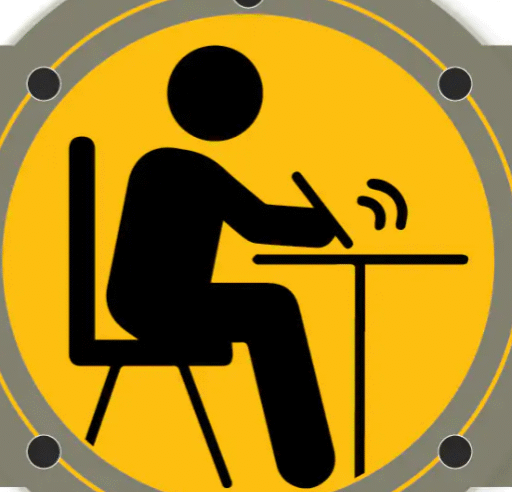







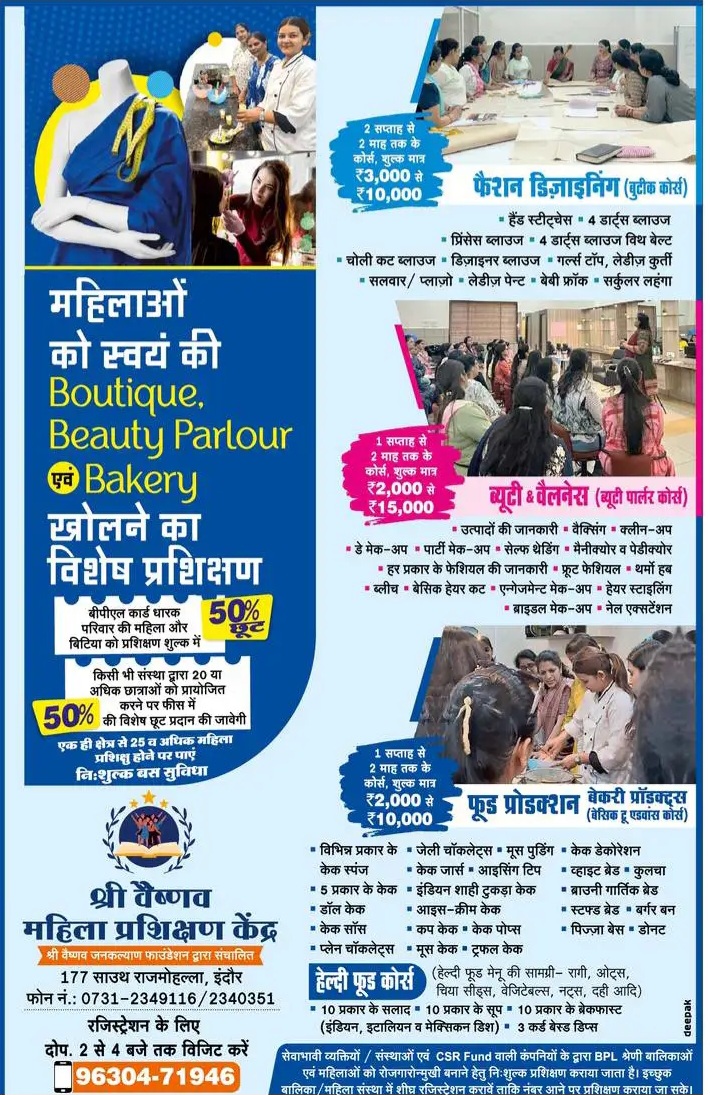



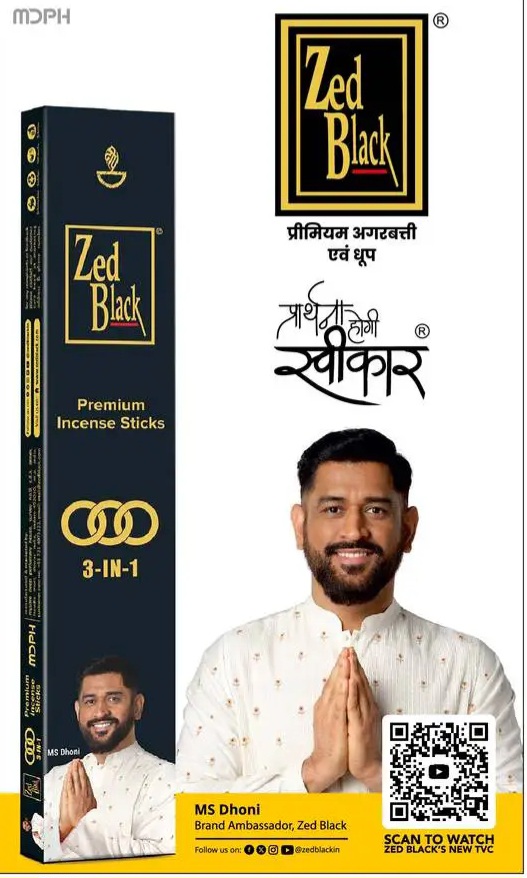
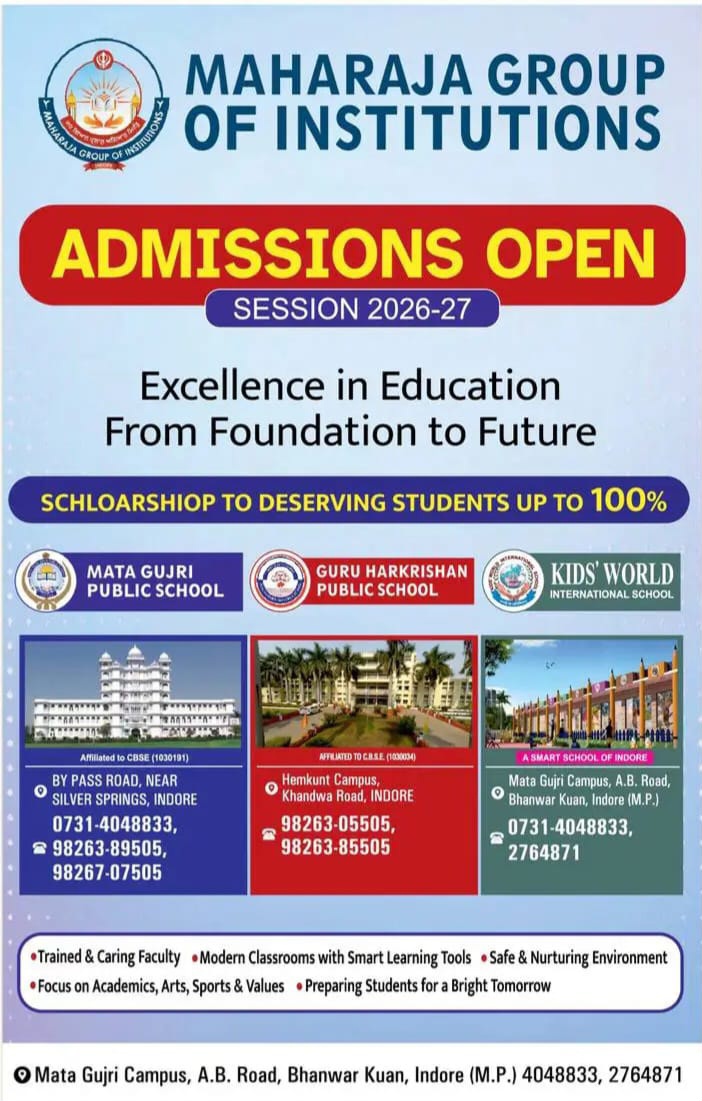
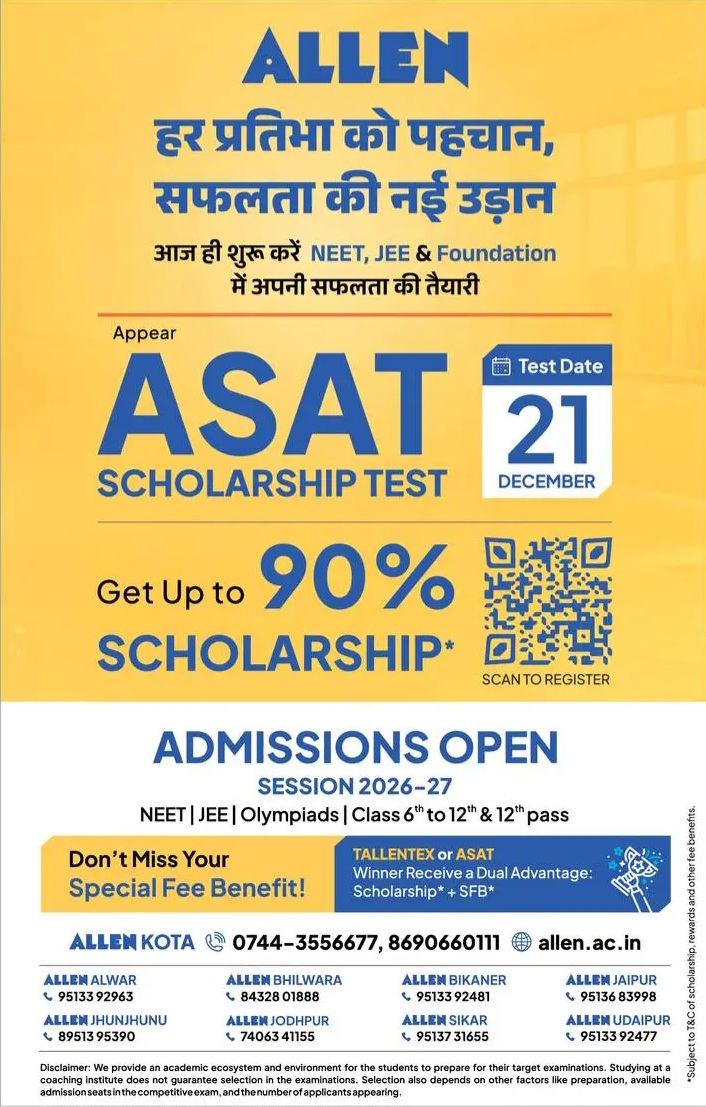
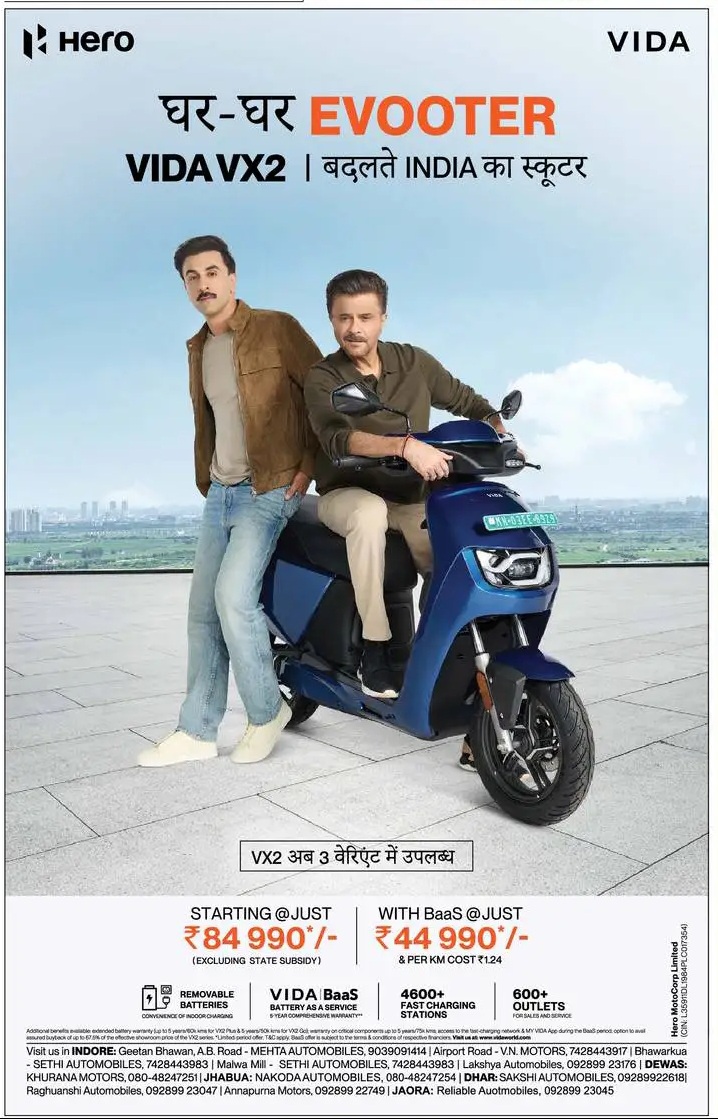
 +91-94068 22273
+91-94068 22273 
